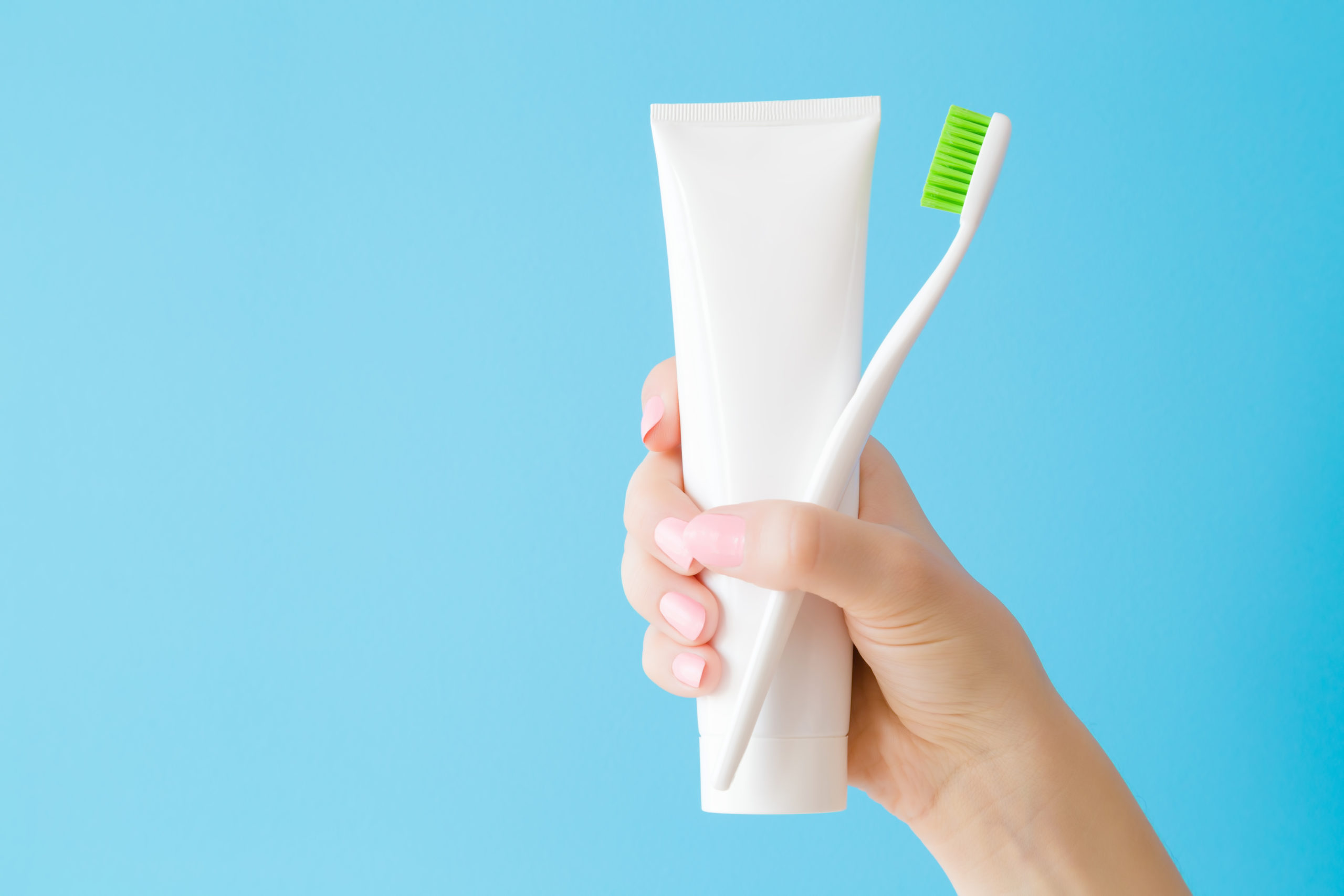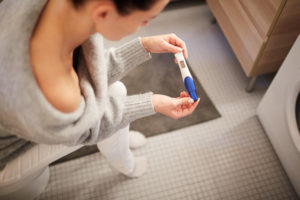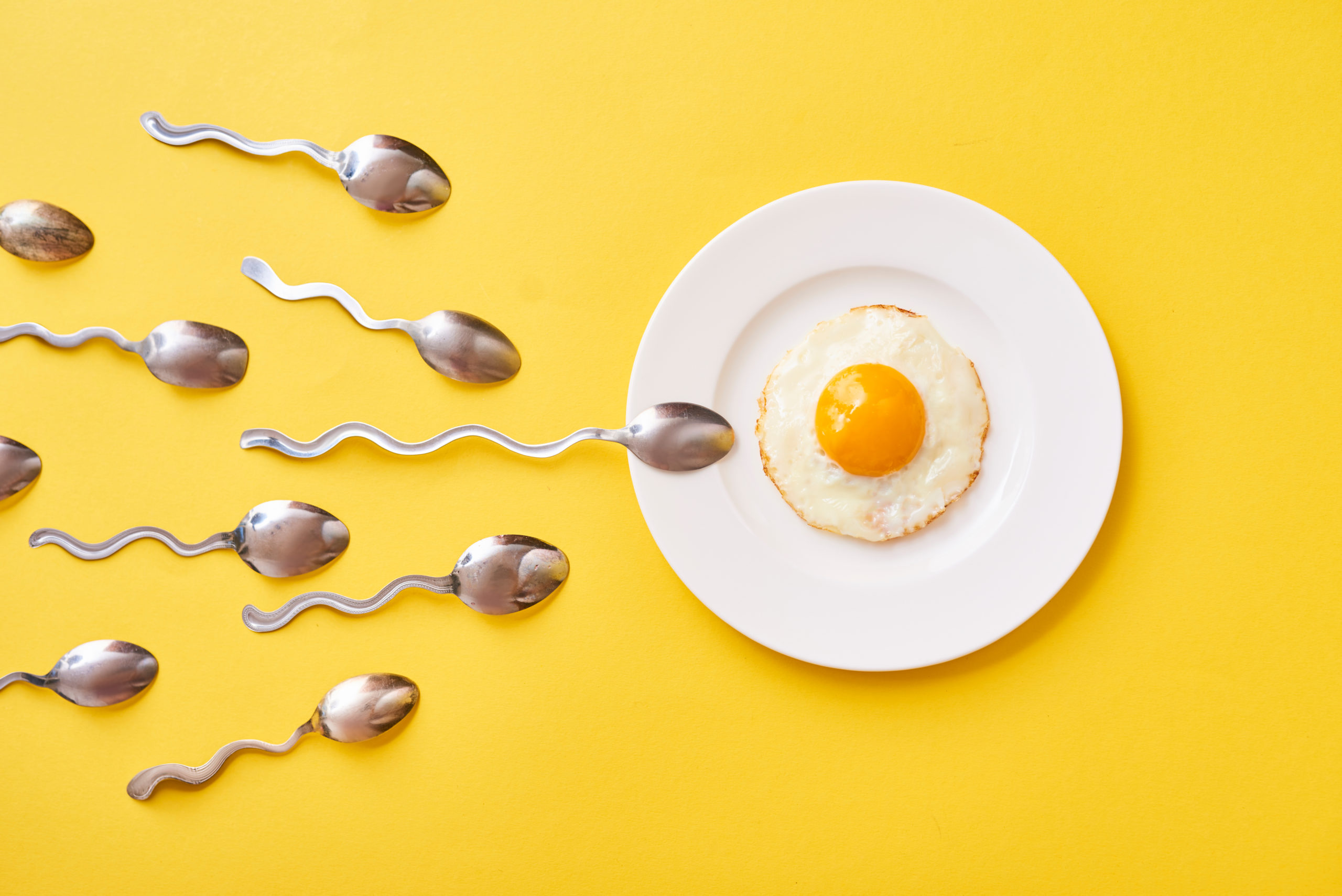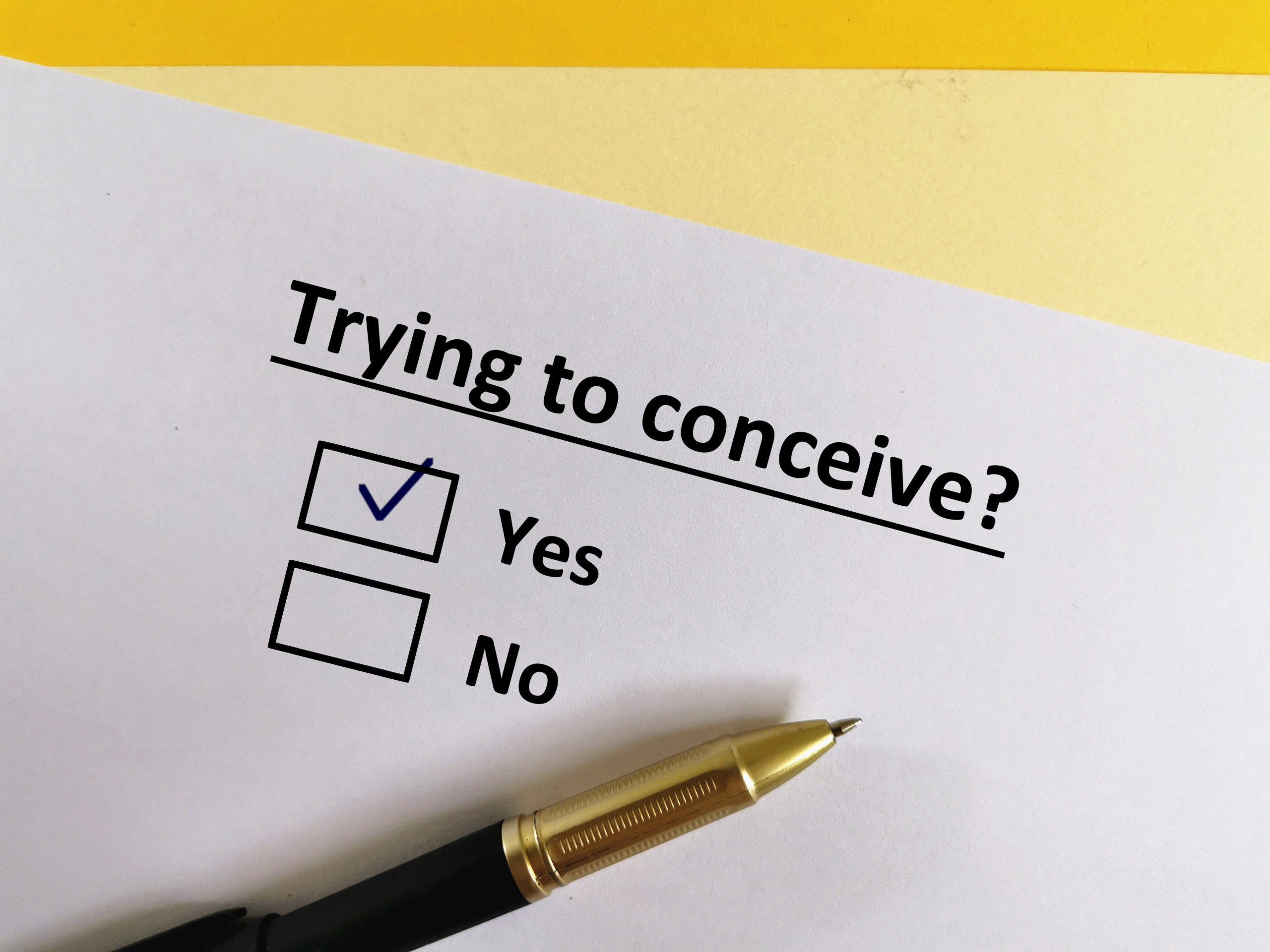By: Vaishnavi Raju | Date: March 2, 2021
Have You Heard Of The Viral Toothpaste Pregnancy Test?
"According to claims, the toothpaste will either change color or it will foam if you are pregnant".

There are many early signs of pregnancy–from the more obvious morning sickness to the subtle changes in vaginal discharge. But have you heard of your toothpaste that started fizzing to confirm your pregnancy?
In recent times, countless women across the world are trying a bizarre pregnancy test using toothpaste to check if they are expecting. This cheap and almost instantaneous pregnancy test might seem appealing if you don’t wish to spend money on a pregnancy kit, if you don’t wish to be seen buying a kit from your local store or even if you are impatiently looking for immediate answers. But how accurate are these toothpaste pregnancy tests? We bring you the answers.
The strange unofficial DIY method has attracted a lot of attention across social media. But does it work? And how does one do the test? Let us explain.
Toothpaste Pregnancy Test
The toothpaste pregnancy test is based on the simple assumption that the pregnancy hormones in your body cause a chemical reaction with the toothpaste.
The test claims that toothpaste, especially white toothpaste can be an accurate predictor of pregnancy. This is because when toothpaste is mixed with urine the presence of a pregnancy hormone causes a chemical reaction. This reaction confirms if you are pregnant or not.
How Does The Toothpaste Pregnancy Test Work?
Advocates of this test claim that the toothpaste pregnancy test works similarly to the urine pregnancy test kits. This means, that they detect the pregnancy hormone human chorionic gonadotropin (hCG) in the urine.
A woman’s body produces hCG only when she’s pregnant. On the other hand, toothpaste contains a chemical called calcium carbonate–a common abrasive that scrubs away the plaque, debris, and stains from the surface of the teeth.
According to proponents of this test, the amino acids of hCG make urine acidic. When this acidic liquid comes in contact with the calcium carbonate, it theoretically creates carbon dioxide gas. This can cause the toothpaste to fizz or foam and change color.
How To Take Toothpaste Pregnancy Test?
The simple DIY test involves using three basic and easy to find ingredients :
- Toothpaste (many suggest using a white toothpaste)
- The woman’s urine
- A container to mix the two
Steps
- To take the test, you need to place a small blob of toothpaste in a cup.
- Then add a few drops of the urine to it.
- Wait for results
Hera Pro Tip: If you suspect you are pregnant, it is advisable to speak to a doctor and get a confirmation right away so you can start on your prenatal supplements.
Best Time To Take Toothpaste Pregnancy Test
Just like you would with a regular pregnancy test, the best toothpaste pregnancy test time is the day after your missed period. This is because at that there should be enough hCG in your urine to be detectable (if you are pregnant).
Also, the best toothpaste pregnancy test time is early morning urine as that is when the hCG in your urine is most concentrated.
How To Check Toothpaste Pregnancy Test Results?
Positive Result
According to claims, the toothpaste will either change color or it will foam if you are pregnant. This is because of the presence of pregnancy hormones.
Negative Result
If you are not pregnant, you would not have the hormones that react with the toothpaste. In that case, the test will not yield any type of reaction–neither will it fizz, nor will it change color.
Are Toothpaste Pregnancy Tests Accurate?
There is no scientific evidence or research to prove that the reliability or even the inaccuracy of the toothpaste pregnancy test. Nor is there any research paper to prove that the calcium carbonate in toothpaste can detect or react to the amino acids in the hCG.
In fact, for most healthy people, uric acid dissolves in the blood, it is processed by your kidneys and leaves your body in urine. Any reaction from mixing toothpaste and urine is likely to be due to uric acid in urine.
Therefore, anyone with uric acid in their urine could get a “positive” test result from the toothpaste pregnancy test, even non-pregnant people including men. Similarly, a “negative” pregnancy toothpaste test could just that their urine is less acidic or diluted.
The Bottom Line,
Many people claim that a toothpaste pregnancy test for confirming pregnancy works in a similar manner as a traditional pregnancy test. Both these tests detect the presence of hCG hormones in the urine. However, there is no scientific evidence that proves that mixing urine and toothpaste can accurately indicate a positive pregnancy.
If you think you are pregnant, it is prudent to take an actual pregnancy test or do a blood test with a doctor to confirm the same. Visiting a doctor from the beginning of your pregnancy ensures that you get access to all the important prenatal supplements and essential pregnancy scans.
To know more about early pregnancy health tips, subscribe to the Hera blog.





